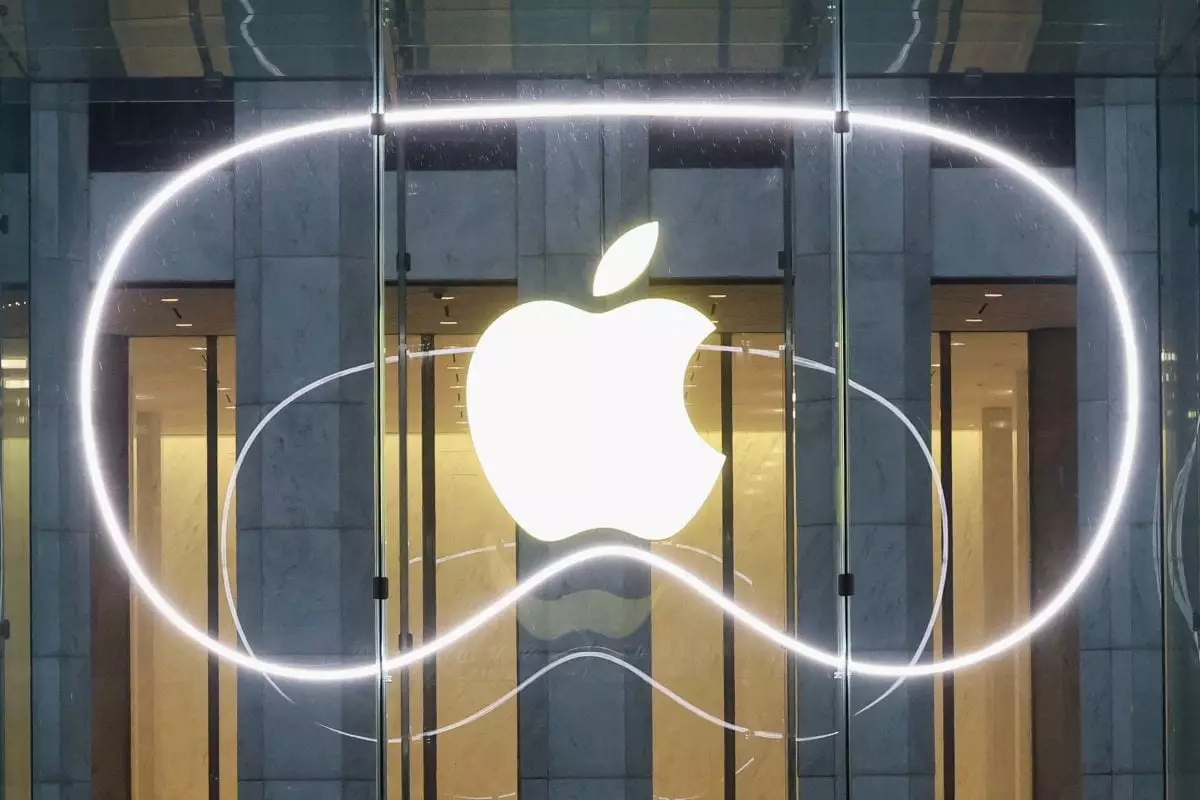The intersection of corporate culture and employee rights is increasingly in the spotlight, as recent allegations against Apple by the U.S. National Labor Relations Board (NLRB) highlight serious concerns about the treatment of workers advocating for better conditions. The NLRB’s complaint raises questions about the tech giant’s workplace policies and the extent to which they uphold or hinder the rights of their employees to organize and express grievances. This article delves into the specific allegations, the company’s response, and the broader implications for labor relations in the tech industry.
On Thursday, the NLRB reported that Apple was accused of institutionalizing practices that allegedly interfere with employees’ rights to collectively advocate for improvements in their working conditions. Central to these accusations is the assertion that Apple has enforced unlawful rules regarding the use of workplace communication platforms, specifically Slack and social media. These allegations are not isolated; they come on the heels of another complaint from the NLRB against Apple just the previous week, when the agency alleged that the company mandated employees to sign overly restrictive agreements limiting their ability to discuss key work-related topics, including wages and working conditions.
According to the NLRB, Apple reportedly took severe actions against employees who used these platforms for activism. The complaint specifically mentions the illegal firing of an employee for speaking out about workplace issues via Slack, and another instance where a worker was compelled to delete a social media post. Such measures have contributed to creating a perception among employees that their expressions are being monitored, fundamentally undermining the principles of free speech and collective bargaining.
In response to the NLRB’s allegations, Apple has issued statements asserting its commitment to maintaining a positive and inclusive workplace. The spokesperson for Apple emphasized that the company takes employee complaints seriously and strongly contests the charges laid against it. The company asserts its respect for employees’ rights to discuss essential workplace issues, which form the crux of the ongoing debate. They maintain that the claims do not reflect the reality of their workplace environment and are preparing to present their case in a hearing scheduled for February.
However, skepticism surrounds Apple’s assertions. Critics argue that the measures Apple has put in place appear to chill employee activism and discourage open discourse around critical workplace issues such as gender discrimination and equitable pay. The culture within corporate structures like Apple may posit itself as inclusive, yet the alleged actions speak to a different narrative, where the enforcement of rules potentially stifles necessary discussions about employee welfare.
The situation at Apple is reflective of a broader trend within the tech industry, where employee activism has gained momentum in recent years. Employees at various tech firms are increasingly unifying to advocate for ethical business practices, better pay, and improved working conditions. As younger generations enter the workforce, there is a palpable shift toward prioritizing workplace culture and conditions, pushing back against the long-standing practices of silence and compliance that have characterized the tech industry for decades.
The case of Janneke Parrish, who has become emblematic of this struggle, highlights the personal risk many employees face when advocating for change. As one of the key figures in these allegations, Parrish’s fight is grounded in principles of equity and justice, resonating with a growing movement of workers who are demanding transparency and accountability from their employers.
Furthermore, the legal proceedings following this complaint could set critical precedents regarding the rights of workers in digital-age workplaces. The outcome of this case may not only determine the fate of the allegations against Apple but also illuminate broader implications for corporate practices across the industry.
As this contentious issue unfolds, it underscores the delicate balance between corporate policies and employee rights. Ultimately, the NLRB’s findings will significantly impact Apple’s labor relations and serve as a bellwether for other companies navigating similar challenges. The outcomes of these hearings stand to contribute to an evolving dialogue about workers’ rights, corporate accountability, and the necessity of fostering a workplace environment where employees can voice concerns without fear of retribution. Everyone will be observing closely, as the implications of this case could reverberate throughout the entire tech sector and set a benchmark for future labor relations.


Leave a Reply